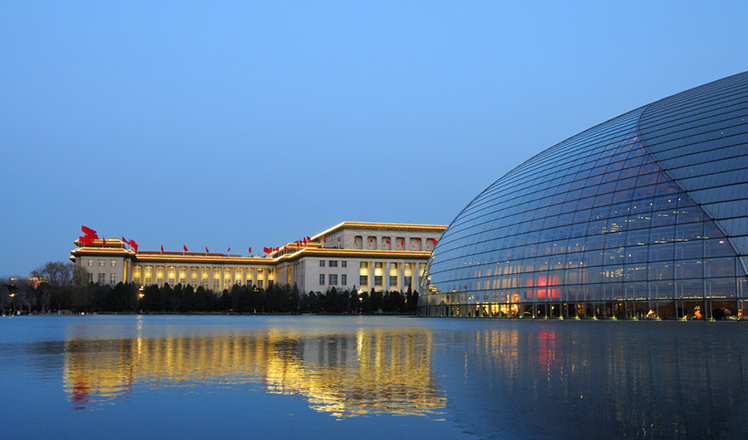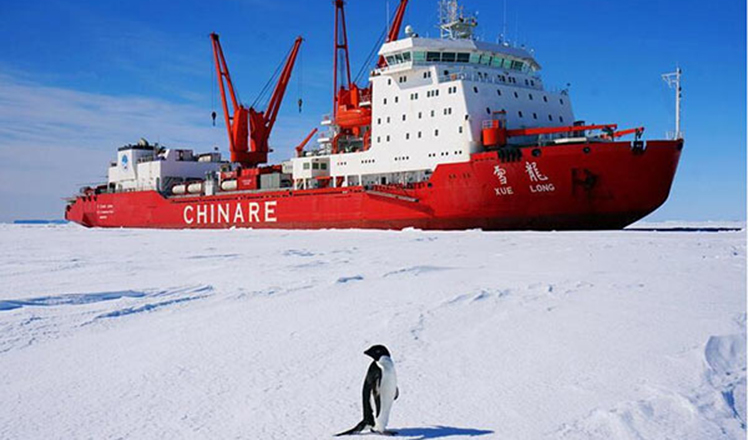Transforming China creates new opportunities
Updated: 2016-03-13 13:26
(Xinhua)
|
||||||||
 |
|
A scene from Zootopia.[Photo/Mtime] |
While some may be worried that the slowing Chinese economy will drag down global growth, ongoing economic restructuring has been welcomed by foreign companies and individuals.
One prime area for foreign companies is film. Animation "Zootopia" now dominates China's cinemas, with box office sales topping 400 million yuan (about $61.5 million) since its debut on March 4, according to market tracker Entgroup.
Ticket sales of eight Hollywood blockbusters in China exceeded 100 million US dollars each in 2015 to reach 1.4 billion US dollars in total, surging by 84 percent from the previous year.
US films are warmly received by Chinese moviegoers, who are increasingly willing and financially able to spend on entertainment and leisure.
hina's per capita disposable income grew 8.9 percent year on year in 2015, according to the National Bureau of Statistics. The Engel's coefficient, which measures food expenditure as a proportion of total household spending, dropped for the third consecutive year to 30.6 percent.
The Walt Disney Company, which produced "ZooTopia," is putting the final touches on the Shanghai Disney Resort, the company's first theme park on the Chinese mainland, which is expected to attract 10 million visits each year after it opens in June.
China's better-off and increasingly picky consumers are also eager to buy high-end products, particularly for health.
The country's urbanites spend 7.5 percent of their daily expenditure on healthcare, second only to food, according to the National Health and Family Planning Commission.
Thirst for safer materials helped U.S. chemical company Eastman consolidate its footing in China through a deal with home-appliance manufacturer Midea last month.
Midea is now licensed to use "Tritan," a brand of plastic without the chemical bisphenol A, banned in food packaging and babies' bottles in many developed countries, yet commonly found in the developing world.
"The agreement will help Eastman establish itself in China," said a joint statement.
Last year, end-user consumption contributed 66.4 percent to China's GDP. Consumers are demanding new products and services, while overlooking enterprises churning out steel, cement and low-end products.

 Beijing sees blue sky during the two sessions
Beijing sees blue sky during the two sessions
 Fukushima five years on: Searching for loved ones
Fukushima five years on: Searching for loved ones
 Robots ready to offer a helping hand
Robots ready to offer a helping hand
 China to bulid another polar ship after Xuelong
China to bulid another polar ship after Xuelong
 Top 10 economies where women hold senior roles
Top 10 economies where women hold senior roles
 Cavers make rare finds in Guangxi expedition
Cavers make rare finds in Guangxi expedition
 'Design Shanghai 2016' features world's top designs
'Design Shanghai 2016' features world's top designs
 Cutting hair for Longtaitou Festival
Cutting hair for Longtaitou Festival
Most Viewed
Editor's Picks

|

|

|

|

|

|
Today's Top News
What ends Jeb Bush's White House hopes
Investigation for Nicolas's campaign
Will US-ASEAN meeting be good for region?
Accentuate the positive in Sino-US relations
Dangerous games on peninsula will have no winner
National Art Museum showing 400 puppets in new exhibition
Finest Chinese porcelains expected to fetch over $28 million
Monkey portraits by Chinese ink painting masters
US Weekly

|

|







